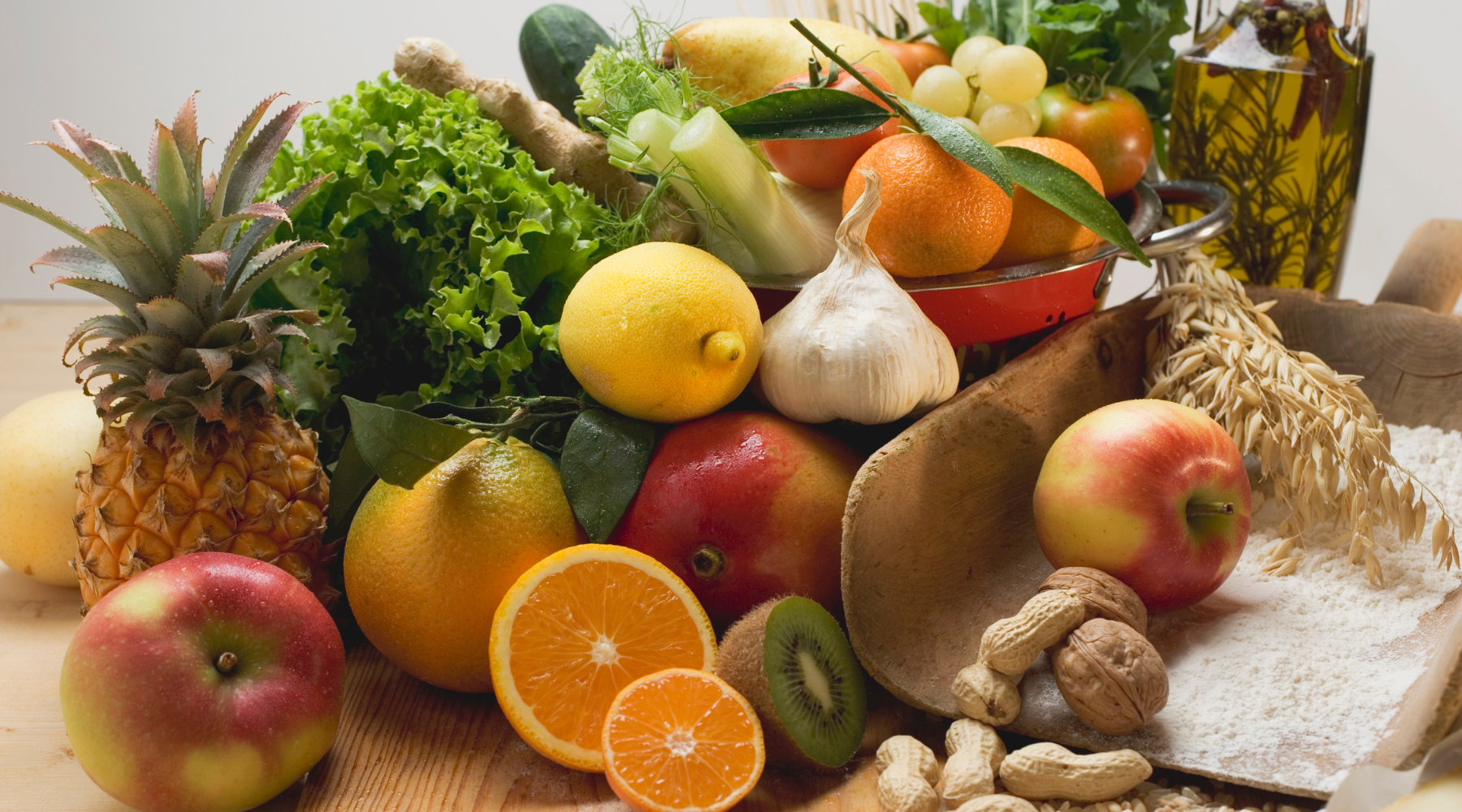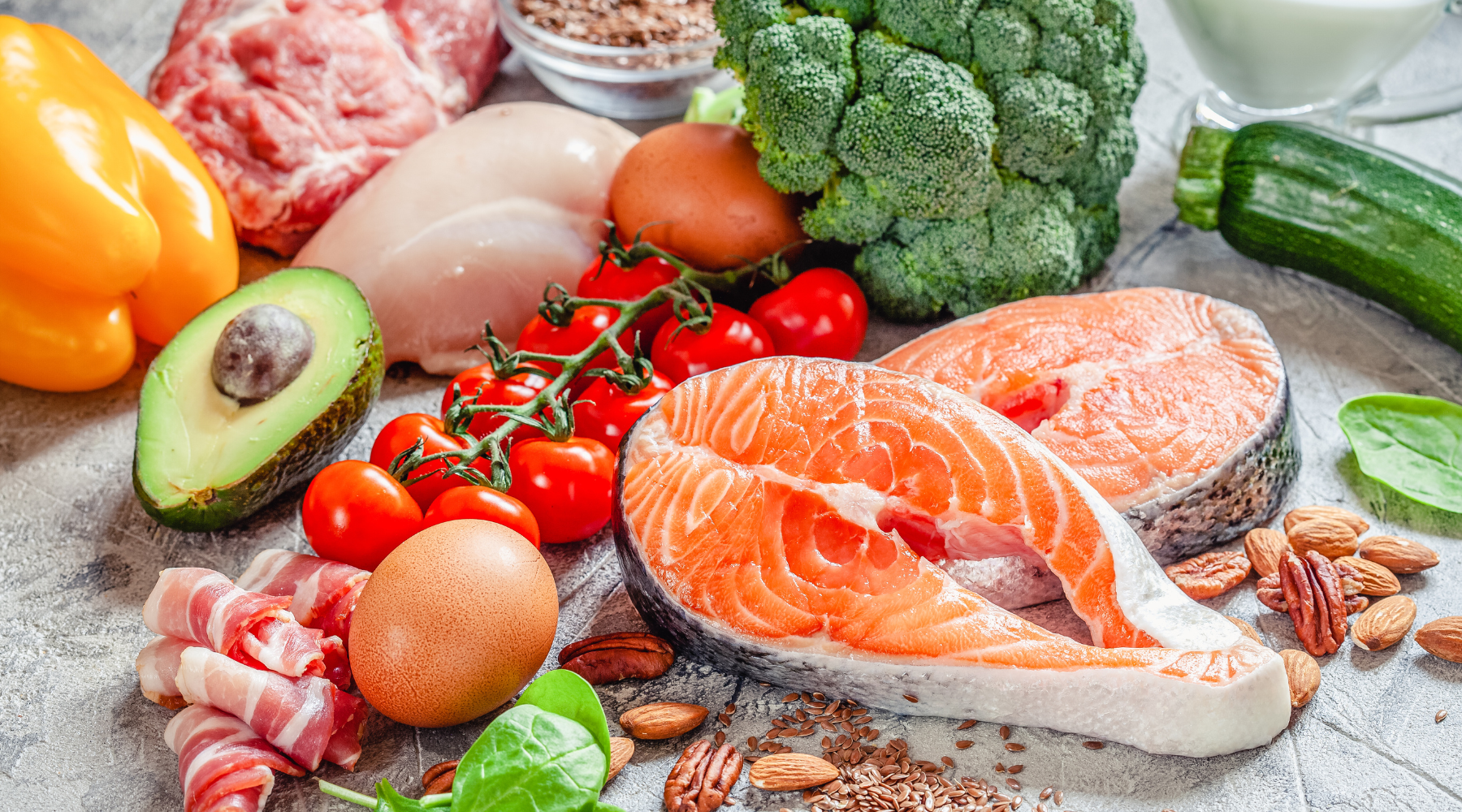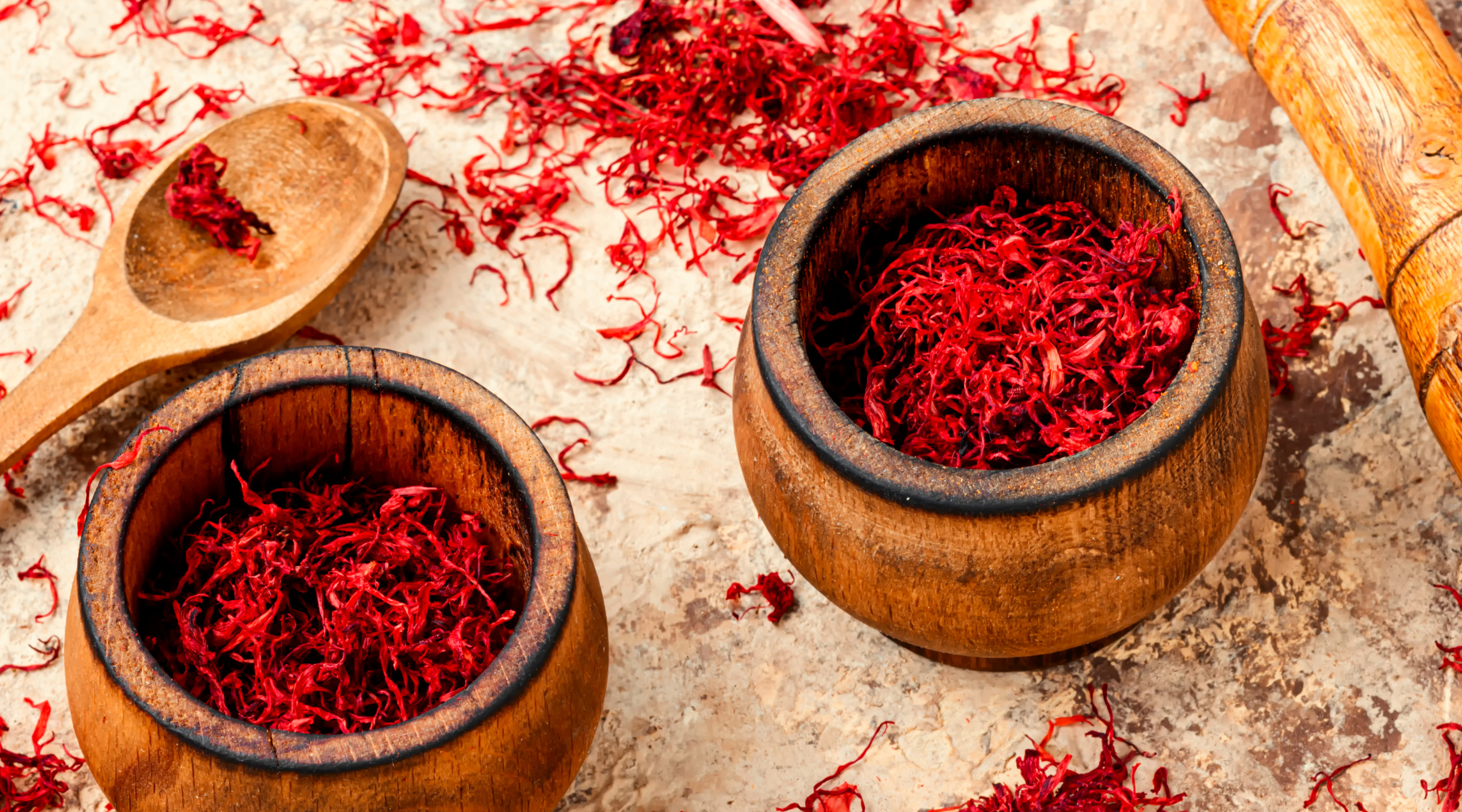
Soluble vs. Insoluble Fiber: Understanding the Difference and Their Benefits
Fiber is a key component of a healthy diet, but did you know that not all fiber is created equal? Soluble and insoluble fiber each play unique roles in supporting digestive health and overall well-being. Let's explore the differences between the two and discover some delicious food sources for each type.
Soluble Fiber: Soluble fiber dissolves in water to form a gel-like substance in the digestive tract. This type of fiber helps slow down digestion, regulate blood sugar levels, and lower cholesterol levels. Foods high in soluble fiber include:
- Oats: Whether in the form of oatmeal, granola, or overnight oats, oats are a rich source of soluble fiber that can help promote heart health and support digestive regularity.
- Legumes: Beans, lentils, and chickpeas are excellent sources of soluble fiber, making them a nutritious addition to soups, salads, and vegetarian dishes.
- Apples: With their skin intact, apples provide a significant amount of soluble fiber, along with essential vitamins and minerals. Enjoy them as a convenient snack or sliced atop yogurt or oatmeal.
Insoluble Fiber: Insoluble fiber does not dissolve in water and adds bulk to stool, promoting regular bowel movements and preventing constipation. This type of fiber also helps maintain a healthy pH balance in the digestive tract. Foods high in insoluble fiber include:
- Whole Grains: Whole wheat, brown rice, quinoa, and barley are rich sources of insoluble fiber that can help keep you feeling full and satisfied.
- Vegetables: Dark leafy greens like spinach, kale, and broccoli, as well as cruciferous vegetables like cauliflower and Brussels sprouts, are packed with insoluble fiber to support digestive health.
- Seeds: Flaxseeds, chia seeds, and pumpkin seeds are nutrient-dense sources of insoluble fiber that can be sprinkled on yogurt, salads, or blended into smoothies for an extra fiber boost.
By incorporating a variety of soluble and insoluble fiber-rich foods into your diet, you can support digestive health, promote regularity, and reap the numerous benefits of a fiber-rich lifestyle. So whether you're enjoying a bowl of oatmeal for breakfast or loading up on leafy greens at lunch, remember to celebrate the diverse array of fiber-packed foods that nourish your body from the inside out.


